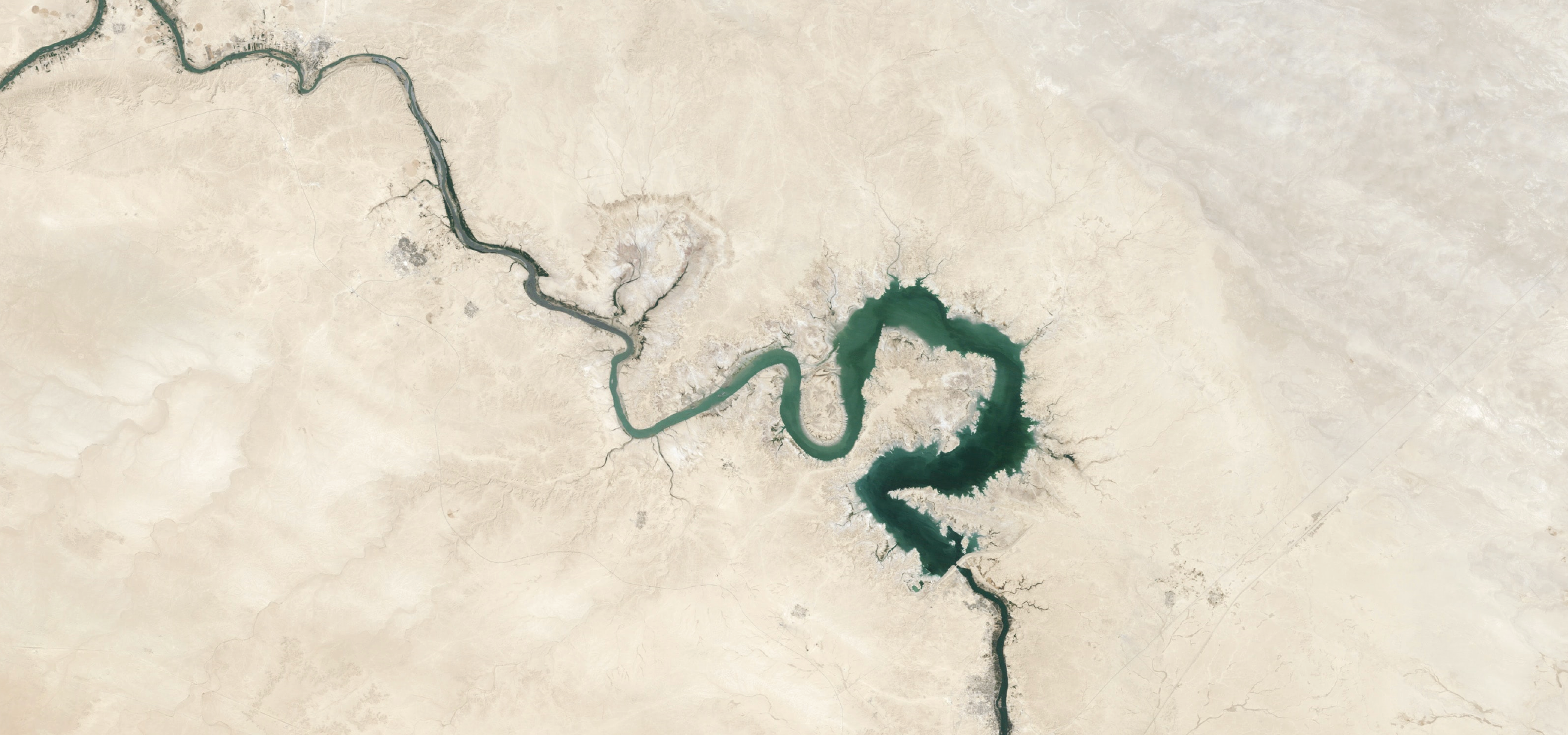The session was co-organised by GWP and the Stockholm International Water Institute (SIWI)/International Centre for Water Cooperation (ICWC) and attracted over 120 participants worldwide. Additional sessions, based on mini-negotiation exercises, made the event even more interactive and ‘hands-on’ for participants, and allowed them to directly apply the tips they learned from presentations during the main session.
GWP Senior Network and Transboundary Water Cooperation Specialist, Dr Yumiko Yasuda, co-chaired the event together with Dr Martina Klimes, Advisor for Water and Peace at SIWI/ICWC. Dr Klimes introduced the topic by presenting the different tracks of water diplomacy and highlighted key questions for the audience to reflect on while negotiating. She pinpointed that: “Negotiation does not start at the meeting room, but much earlier when we do our analysis [about our negotiating partners and the situation]”.
The session featured three experts who shared their own experiences, knowledge, and thoughts on water diplomacy and negotiation: Aaron Wolf, Professor of Geography at the College of Earth, Ocean, and Atmospheric Sciences at Oregon State University and Professor at IHE-Delft Institute for Water Education in the Netherlands; H.E. Hassan Janabi, former Minister of Water Resources in Iraq and former Ambassador of Iraq to the Republic of Turkey; and Dr Zodwa Dlamini, former South African Chief Delegate and Permanent Representative on the Lesotho Highlands Water Commission (LHWC).
Professor Wolf highlighted the complexities and challenges of transboundary water management when we bring humans into conflict resolutions over shared waters. He said: “When you go out to the field, you recognise that the process in not rational and the world that we have trained in, is not the world of diplomacy.”
He raised awareness about the importance of the ‘Four worlds of water’ – physical, mental, spiritual, and emotional – which require deeper implementation. He recommended paying attention to commonly underestimated soft skills while negotiating, stressing the importance of “how you listen, how you speak, and how you sit together with your counterpart.”
H.E. Janabi presented the transboundary water management issues in the Euphrates (pictured above) and Tigris Water Basin between river users – where sovereignty, political, cultural, and historical complexities have made negotiations challenging. In his presentation, he shared: “I’d rather choose to spend 10 years of negotiating, than one day fighting with riparians.” He stressed that water diplomacy serves as a set of tools to settle and control sensitive issues over shared waters.
Dr Dlamini shared the negotiation procedures of the Lesotho Highlands Water Project Phase II between the Kingdom of the Government of Lesotho and the Republic of South Africa and pointed out the key pillars that were being employed. She stressed the importance of transparency, honour, and good faith among partners in water diplomacy processes: “While negotiating, make sure you understand correctly what you can give and what the needs are of your negotiating partner. Do not forget to do your homework and get to know your counterpart.” Finally, in her presentation, she recommended having empathy and flexibility: “If you do not understand something, just go back and ask again, there is no embarrassment.”
Following the presentations, the speakers answered some of the questions that came from the audience. Break-out rooms enabled an informal, more detailed discussion between the panellists and participants.
Participants also had the chance to take part in a peer–to–peer negotiation simulation – an approach which has been pioneered by GWP and SIWI – led by Katie Goldie-Ryder and Julienne Ndjiki from SIWI. This involved being given fictional scripts relating to a transboundary water conflict. They then had to negotiate and resolve the issue with their opponent partners.

